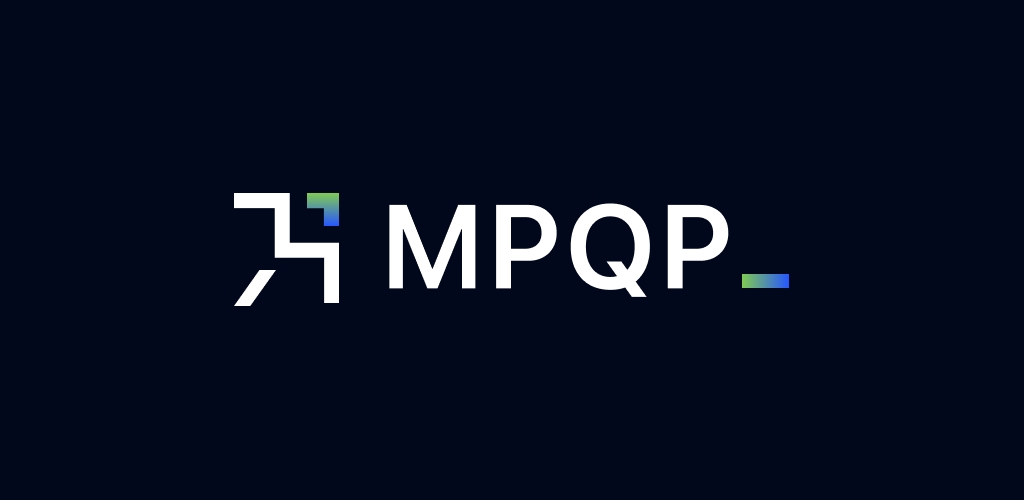Simulation is at the core of industrial innovation: it enables faster design cycles, reduces testing costs, optimizes complex systems, and supports physics-based decision-making. But as models grow more sophisticated, multi-physics, multi-scale, highly nonlinear, the limits of classical computing become increasingly apparent: longer runtimes, higher energy consumption, and challenges in scaling complexity.
At ColibriTD, we develop hybrid quantum–classical solutions that integrate seamlessly into existing simulation workflows to push these boundaries. Our approach allows companies to explore new levels of performance, precision, and efficiency while preparing today for the arrival of scalable quantum computing. Our platform and tools form a coherent ecosystem designed to make this transition smooth, progressive, and immediately valuable.

To make high-fidelity, quantum-ready simulation accessible, we’ve built an integrated ecosystem of tools, each powerful on its own, but transformative when combined.

A platform for solving complex PDEs across classical, and quantum architectures. QUICK allows engineers and researchers to run, compare, and prototype hybrid workflows, preparing for quantum advantage while benefiting today from optimized HPC performance.

The core algorithm powering QUICK. H-DES is designed to tackle large-scale, multiphysics PDEs using a hybrid quantum–classical approach. It provides a foundation for faster convergence, higher accuracy, and hardware-agnostic execution.

MPQP ensures interoperability across quantum backends and classical environments. It’s what makes ColibriTD’s technology hardware-agnostic, enabling seamless deployment whether on CPUs, or quantum processors from providers like IBM, AWS, or Pasqal.
Together, QUICK, H-DES, and MPQP form a complete simulation ecosystem:
➔ MPQP connects ColibriTD to any computing hardware
➔ H-DES provides the mathematical intelligence to solve PDEs efficiently
➔ QUICK brings it all together in a user-friendly, cloud-based platform
This interconnected stack empowers industries to explore complex physical phenomena faster, to reduce computational costs and environmental impact, and to transition smoothly to quantum-ready workflows
Modern simulation challenges are pushing the limits of classical computing. As models include more variables, finer resolutions, and stronger couplings between physical domains, classical solvers face growing bottlenecks:
➔ Extremely long simulation times
➔ Rapidly increasing computational and energy requirements
➔ Difficulty scaling to multi-scale or highly nonlinear problems
At ColibriTD, we believe the next major leap in simulation will come not from bigger classical machines but from smarter hybrid algorithms that combine classical performance with quantum capabilities.